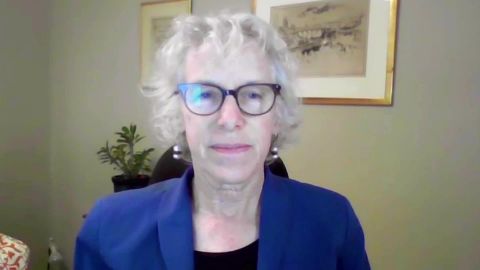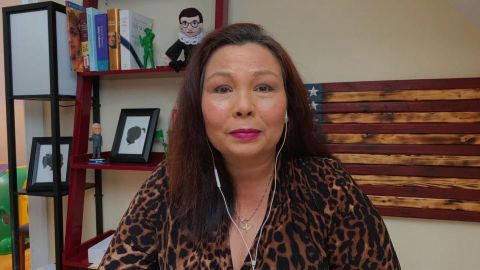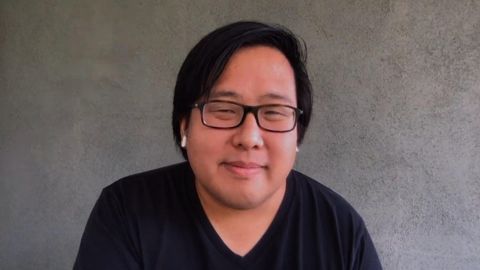Read Transcript EXPAND
JELANI COBB, FRONTLINE CORRESPONDENT: Sure. Well, we know that race is a nonexistent biological category, but socially, it carries a great deal of weight. We can look at someone’s race and have some idea of the probabilities of their livelihood infit mortality, of their life expectancy, of the disparity between their projected life earnings and the life earnings of someone who racially is categorized as white. And a whole array of different, really, life outcome dynamics that correlate to what someone’s skin looks like. And, you know, policing is one of those institutions where we see disparities in use of force, we see disparities in sentencing for the same sorts of offenses. We see the criminal justice system being reflective of the same sorts of inequities that we see in housing, in employment, in education and so on. There is a line that Mayor Baraka has in there where he said that the police are, as an institution, no different than any other American institution in terms of they have the same attitudes, the difference is that the police just have guns. And so, it makes those attitudes — the acting upon those attitudes have potentially legal outcomes.
CHRISTIANE AMANPOUR: So, I want to ask you what you’ve learned and what’s changed or not from when you first started this back in 2016 to the update you’re doing right now. So, this documentary shows your night out as you follow the — I think it’s the Newark gang unit, the police gang unit.
COBB: Yes.
AMANPOUR: Yes. And you follow them and you see some, you know, pretty difficult things. Tell me what you saw and what’s happened to that gang unit.
COBB: Yes. Well, when we first went there in 2015, you know, it was kind of like the Wild West. The police would conduct what is euphemistically referred to as stop and frisk, but they were doing things that were far more invasive. You know, they would stop people on the street and grab them and pull the waistband of their underwear away from their body and look down into their private parts to see if a person had weapons or drugs stashed. And this would happen in public, on the street, in a kind of way that would not be countenanced by any other kind of community, certainly not a suburban white community. And, you know, we saw the police tackling people, you know, kind of jumping out of the car in groups and tackling people along the street and then searching them and finding no drugs and sending them on their way. And, obviously, this has great constitutional implications in the kind of policing we were seeing there when we first got there in 2015.
About This Episode EXPAND
Military veteran Sen. Tammy Duckworth (D-IL) reacts to President Trump’s reported comments about veterans. Photojournalist Kent Nishimura discusses his work documenting the West Coast wildfires. FRONTLINE correspondent Jelani Cobb reflects on police reform and the struggle for racial justice. Joan C. Williams explains how the pandemic is overburdening working mothers.
LEARN MORE



